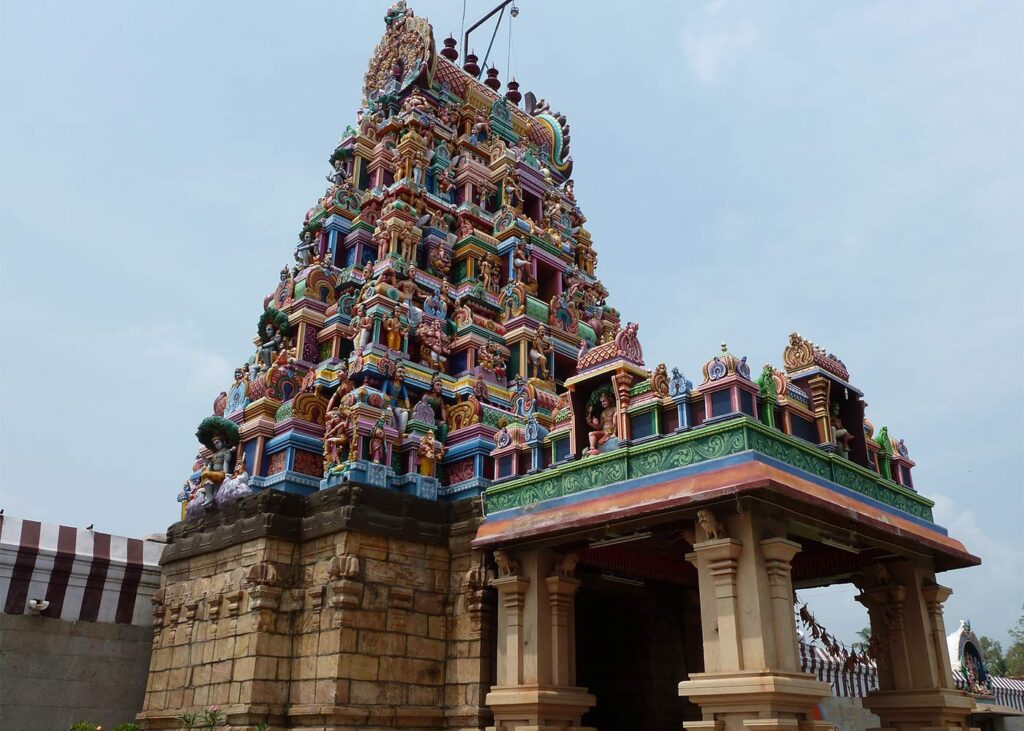Coimbatore Important
Information

In the rain shadow region of the Western ghats, Coimbatore enjoys a very pleasant weather all the year round, aided by the fresh breeze that flows through the 25 kms long Palakkad gap. The rich black soil of the region has contributed to Coimbatore’s flourishing agriculture and, it is in fact, the successful growth of cotton that served as a foundation for the establishment of its famous textile industry. The first textile mills came as far back as 1888 but there are now over a hundred mills. The result has been a strong economy and a reputation as one of the greatest industrial cities in South India.
Situated on the banks of the Noyyal River, Coimbatore is known for its textile factories, engineering firms, automobile parts manufacturers, health care facilities, educational institutions, pleasant weather, hospitality and for its Kongu Tamil.
As the third largest city of the state, Coimbatore is one of the most industrialized cities in Tamil Nadu. Historically, Coimbatore existed even prior to the 2nd or 3rd century AD, ruled by early Cholas. Among its other great rulers were Rashtrakutas, Chalukyas, Pandyas, Hoysalas and the Vijayanagara kings. When Kongunadu fell to the British along with the rest of the state, its name was changed to Coimbatore and it is by this name that it is known today, except in Tamil, in which it is called Kovai.
There are more than 25,000 small, medium, large sale industries and textile mills. Coimbatore is also famous for the manufacture of motor pump sets and varied engineering goods. The development of Hydro electricity from the Pykara Falls in the 1930 led to a cotton boom in Coimbatore.








 Total views : 1984300
Total views : 1984300